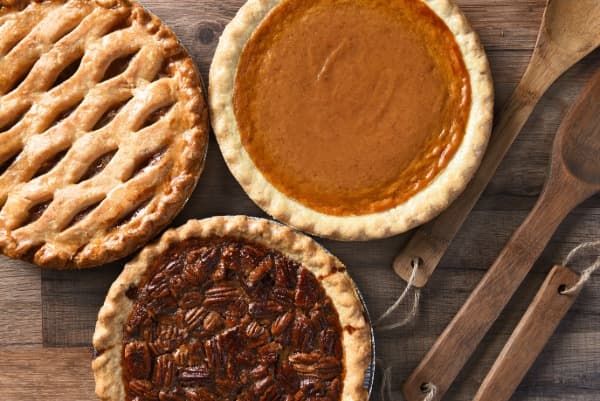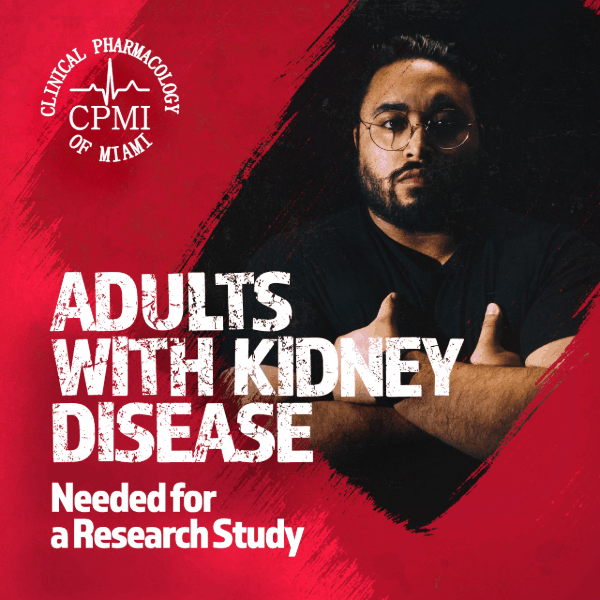If you have kidney disease damage, it means your kidneys can’t filter the way they should. Those with this chronic disease are typically on diet restrictions, and many are getting dialysis too. It can be overwhelming to manage everything in a typical week, but it can seem impossible during the holidays. A kidney-friendly Thanksgiving is still possible. Here are some tips on how to prepare for the holidays without harming your kidneys.

Plan Ahead
If you plan to travel or even spend most of the day away from your home, you have to prepare. Depending on the length of time away, make a list of what medications and supplies you’ll need during that time. Pack a little extra of everything in case there are delays. If anything needs to be refrigerated, make sure you have a way to transport it. If you are flying, call the airline ahead of time to ensure you know how properly to pack and label things and the rules before the date. Work with your healthcare provider if you are on dialysis to accommodate appointments or temporarily have them at a location closer to where you are traveling.
Tackling Dietary Restrictions

Thanksgiving brings out the inner glutton in all of us, and most traditional meals show it. Kidney disease patients have dietary restrictions, and most wouldn’t feel comfortable dictating how a meal goes to accommodate them. So, we have some tips that cover helping prepare the meal or not. A general basis for kidney patient diets consists of low-salt, low-potassium, low-phosphorus, low-protein, low-fat, high-vitamin, and high-fiber.
- Turkey– Frozen and basted turkeys contain a lot of sodium, so if you didn’t prepare it, limit to a small portion. If you are preparing, using a natural turkey with a salt-free rub or seasoning is better. Avoid gravies, salad dressings, mustard, and pickles. Substitute for natural or lower sodium options.
- Sides– Potatoes and sweet potatoes are high in potassium and should be limited. Corn, dinner rolls, green beans, white rice, carrots, and cauliflower are better choices. Stuffing made with low-sodium broth, celery, onions, and herbs is friendlier on your kidneys.
- Desserts– Limit any pumpkin or pecan pie servings by sharing with a family member. Other good options to curb that sweet tooth are fruit pie, Jell-o, fruit ambrosia, applesauce with cinnamon, or sherbet.
- Beverages– Cranberry juice, apple juice, or sparkling apple cider are all excellent choices. Alcohol and caffeinated drinks should be avoided. If you want to partake, limit one alcoholic beverage for ladies, and two for men per day.
The Future of Kidney Disease
Having kidney disease may feel like there is a lot out of your control. But through the efforts of clinical research studies and participating volunteers, we continue to learn. Research studies help discover potential ways to detect, prevent, and treat many different medical conditions like kidney disease.

If you want to join the fight to improve options for the future of kidney disease healthcare, upcoming research studies may be an option. To learn more about future kidney disease studies here at Clinical Pharmacology of Miami, call (305) 817-2900, or visit our website.
References:













